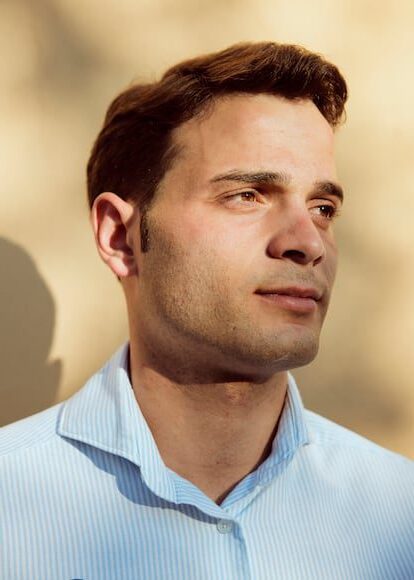BTN News: At just 24 years old, Juan del Canto from Villalazán in Zamora, Spain, stands out not only as a young leader but as a symbol of unwavering commitment to his hometown. Born and raised in a small village with a population of only 260, Juan’s deep connection to his roots is evident. He passionately declares that he has no intention of leaving Villalazán, the place where he was baptized and where, as he says, he will one day be buried. This profound sense of belonging has driven him to serve his community with dedication, becoming the mayor at the age of 19, a position he still holds with an overwhelming 90% of the vote.
Juan’s political journey is nothing short of remarkable. Elected as the youngest mayor in Spain at the time, he has now become a well-respected figure in the regional political landscape, particularly within the Partido Popular (PP) of Castilla y León. His rise in politics, however, was not without challenges and temptations. At one point, he flirted with joining Vox, attracted by their strong stance on issues close to his heart, such as hunting, bullfighting, and traditional rural life. However, after much consideration and a persuasive discussion with local PP leaders, he decided to remain with the Partido Popular, where he felt he could genuinely make a difference in his community.
Juan’s connection to politics runs deep in his family. His maternal grandfather was a Republican mayor, and another relative was involved in the Alianza Popular, the precursor to the Partido Popular. This familial legacy, combined with his own restless nature and desire to be involved, naturally led him to a life of public service. Despite the sacrifices that come with his role—sacrifices that have included personal relationships—Juan remains committed to his village and its people.
As mayor, Juan has faced significant challenges, particularly in addressing the issue of depopulation—a common problem in rural Spain. His administration has focused on making life easier for the elderly, improving essential services like water and electricity, and even exploring renewable energy options to reduce costs. Yet, the struggle to keep young people in the village remains a formidable challenge. The lack of housing and employment opportunities has driven many to leave, and Juan is keenly aware that reversing this trend will require innovative solutions and perhaps broader national policies.
Despite these challenges, Juan remains optimistic and determined. He envisions a future where Villalazán can attract new residents by highlighting the advantages of rural life, such as lower living costs and a strong sense of community. He’s actively working on a catalog of available properties and seeks to make the village more attractive to potential newcomers, whether they are returning natives or new residents.
Juan’s leadership style is hands-on and practical. He takes pride in being involved in the day-to-day operations of the village, whether it’s fixing streetlights or managing water issues. His approach to governance is rooted in the realities of rural life, where budgets are tight, and solutions must be both cost-effective and immediate. This pragmatic approach has earned him the respect and trust of his fellow villagers, who see him not just as their mayor but as one of their own, fully invested in the future of Villalazán.
In his personal life, Juan’s passions reflect his deep connection to the rural traditions of his homeland. He enjoys hunting, spending time with his dogs and horses, and participating in local festivals and bullfights. These activities, though politically incorrect to some, are an integral part of his identity and the cultural fabric of his village.
Looking ahead, Juan remains focused on his duties in Villalazán and his role within the Partido Popular. While he acknowledges that bigger political opportunities might arise, his loyalty to his hometown and its people remains his top priority. For now, he is content to continue serving Villalazán, ensuring that it remains a vibrant and welcoming place for all who live there.
In a world where young people often leave rural areas in search of better opportunities, Juan del Canto’s story is a powerful reminder of the importance of community, tradition, and local leadership. His dedication to Villalazán, combined with his pragmatic approach to governance, offers a compelling model for other rural leaders facing similar challenges. As he continues to navigate the complexities of local politics and rural life, Juan’s story will undoubtedly inspire others to take up the mantle of public service in their own communities.


